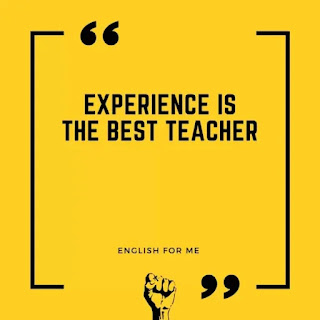Experience vs Technical Expertise
The topic of this blog has been for many clinicians a subject of reflection. As many of my colleagues are well into the sixth decade of life, a time comes when we come home from work and looking at superspecialists adopting newer techniques think if it is time to stop working or at least phasing out.
The exponential increase in knowledge,technology, and techniques makes it extremely difficult to keep up even if one shows exemplary dedication to the field of expertise. Even as an undergraduate the training in the field of medicine in India is very variable and has a role to play in the way one practices medicine later as a consultant.
As a post graduate, Orthopedic surgeon I realized in the 1970's and 80's that we were on the cusp of major changes and getting a degree in the subject far from an end of training seemed to signal a beginning and a constant quest for improving and honing one's skill sets. From machine screws and plates along with K wires and conservative plaster immobilization, knowles pins, Asnis cannulated screws, the things changed. The pendulum swung from conservative treatment to rigid fixation to semi rigid fixation to biolgic fixation of fractures. Intra-operative imaging allowed more and more closed nailing procedures. Joint replacement evolved in terms of allowing stable joints to be implanted without being very constrained. The mateials biologics improved to reduce aseptic loosening and allow joints to last longer. The evolution of external fixation and locking compression plates allowed us to get more precise fixations in severely porotic bones. The evolution in terms of spine surgery, arthroscopyand minimally invasive approaches has further reduced the scope of a general Orthopedic surgeon.
Super specialization and divisions in every field has led to fragmentation and for an average surgeon the role is shrinking. But there is one thing that does not change with time and that is clinical judgement and intuition which comes from years of experience. Sound basics were inculcated by the exposure our generation had to teachers who had mastery over their subject and who put ethics as the center stone of their work. Our generation which has experienced scarcity of resources of the past and abundance of the present needed to understand and adopt this and carve out a different role than our past generations.
Today as we reflect some out of the box ideas which seem to come forth are as follows:
- fine motor skill steps of surgeries could be relegated to the young and skilled assistants.
- A balance should be struck between too much surgical intervention and conservative procedures.
- We of the older generation have a responsibility to keep alive time tested simple procedures which worked well in our hands in the past by using them in situations where risks of complex heroic surgery outweigh benefits.
- One must teach the new generation when not to operate.
- Becoming Surgical coach is to become an observor from the side to improve various aspects of surgery, like positioning, OT layout, ergonomics etc.
- Reviving and mentoring the young to ensure they adopt ethical practices without becoming preachy or adopting overbearing moral attitudes which can put the young off.
- Diversifying into research.




Comments